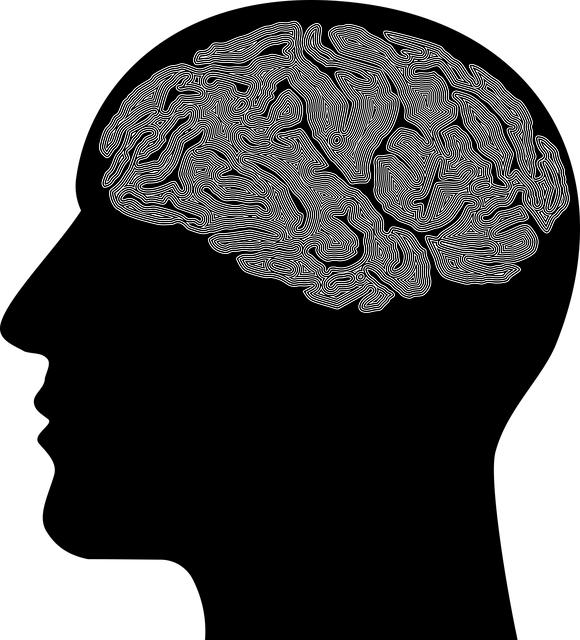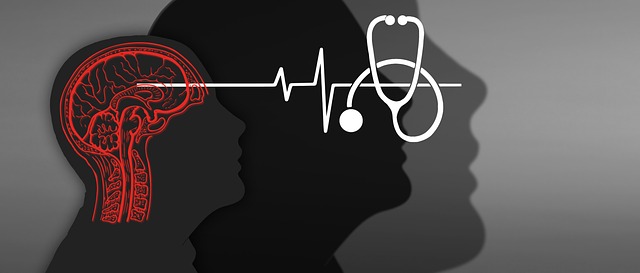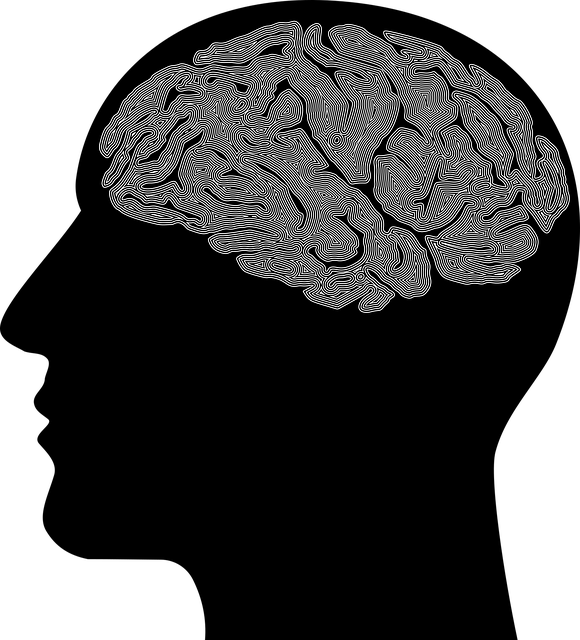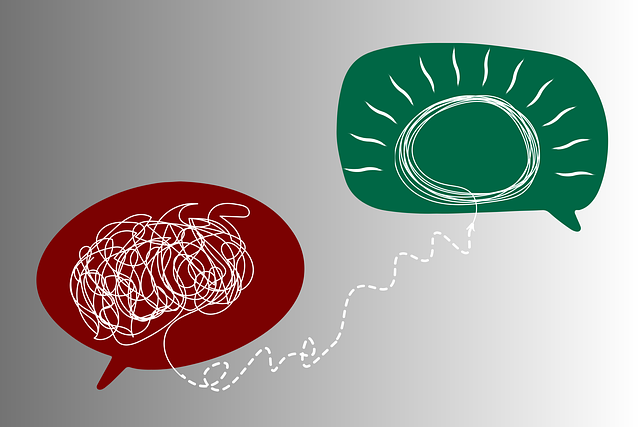Burnout among healthcare providers, especially young adults treating phobias, is a growing concern impacting patient care and provider well-being. Early recognition of burnout signs is crucial. A comprehensive prevention strategy includes Mental Health Policy advocacy, Social Skills Training, Mind Over Matter principles, and self-care practices to promote resilience and communication with patients. CBT for phobias, coupled with cultural sensitivity and public awareness campaigns, effectively addresses this issue while fostering inclusive mental healthcare environments.
Healthcare provider burnout is a growing concern, impacting not just individuals but the entire healthcare system. This article delves into strategies to prevent burnout among healthcare providers, focusing on early recognition and effective countermeasures. We explore the critical role of therapy in addressing phobias and enhancing well-being, particularly for young adults facing mental health challenges. By understanding and implementing these strategies, we can foster a healthier, more resilient workforce.
- Recognizing Burnout Among Healthcare Providers
- Effective Strategies for Preventing Burnout
- The Role of Therapy in Combating Phobias and Enhancing Well-being
Recognizing Burnout Among Healthcare Providers

Burnout among healthcare providers is a growing concern, impacting not only individual well-being but also patient care quality. Recognizing burnout early is crucial to prevent its progression. Healthcare providers might exhibit signs such as chronic fatigue, decreased job satisfaction, and emotional detachment, which can be subtle and often overlooked. These indicators are especially relevant for young adults who may face unique challenges in their careers, including managing the demands of therapy sessions for phobias or other mental health conditions.
A comprehensive approach to burnout prevention involves addressing both personal and systemic factors. Mental Health Policy Analysis and Advocacy plays a vital role by championing evidence-based practices that support healthcare providers’ mental well-being. Social Skills Training can enhance professionals’ ability to connect with patients, fostering better communication and reducing stress. Additionally, promoting Mind Over Matter Principles encourages self-care practices and resilience, helping healthcare providers maintain their emotional equilibrium in demanding environments.
Effective Strategies for Preventing Burnout

Preventing burnout among healthcare providers is a critical aspect of maintaining high-quality patient care and ensuring the well-being of medical professionals. Effective strategies for burnout prevention involve a multifaceted approach tailored to address the unique challenges faced by each provider. One key component is incorporating therapy for young adults with phobias, as addressing underlying mental health concerns can significantly reduce stress and improve resilience.
Additionally, fostering cultural sensitivity in mental healthcare practice plays a crucial role in creating supportive environments where providers feel understood and appreciated. Encouraging self-awareness exercises and mindfulness practices has also proven effective in managing stress and cultivating emotional balance. Integrating regular breaks, adequate sleep, and healthy coping mechanisms into daily routines can help healthcare workers maintain their well-being.
The Role of Therapy in Combating Phobias and Enhancing Well-being

Burnout among healthcare providers is a growing concern, and one effective countermeasure is therapy. Specifically, cognitive-behavioral therapy (CBT) has proven beneficial in treating various phobias that can contribute to stress and avoidance behaviors. For young adults dealing with phobias, CBT offers a structured approach to challenge and modify negative thought patterns and behaviors. This form of therapy encourages individuals to confront their fears in a safe environment, fostering resilience and improved mental well-being.
Incorporating cultural sensitivity in mental healthcare practice is vital. Therapists play a crucial role in creating inclusive spaces that respect diverse backgrounds, ensuring effective communication strategies. By tailoring treatment approaches to consider cultural nuances, therapists can enhance patient engagement and outcomes. Additionally, public awareness campaigns development can shed light on the importance of therapy for young adults with phobias, reducing stigma and encouraging those in need to seek professional help.
Healthcare provider burnout is a pressing issue, but with the right strategies, it can be effectively prevented. By recognizing the signs of burnout early and implementing practical measures, healthcare workers can significantly enhance their well-being. One crucial aspect often overlooked is therapy, which plays a pivotal role in addressing underlying issues like phobias that may contribute to stress and burnout, especially among young adults. Accessing specialized therapy for phobias can empower individuals to overcome these challenges and foster resilience in high-pressure environments. Through a combination of self-care practices and professional support, healthcare providers can find balance, maintain patient care quality, and promote healthier work cultures.












